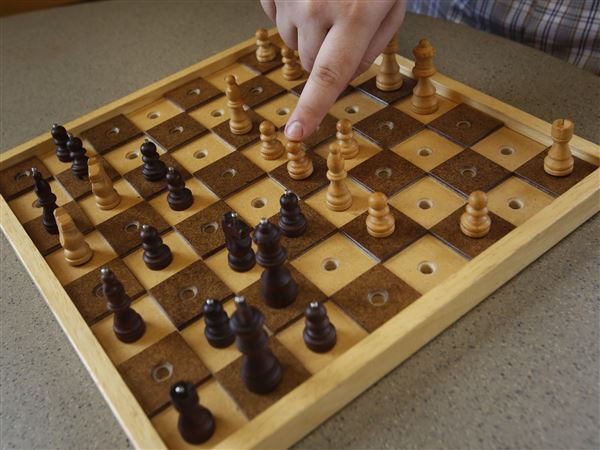Research indicates that participating in cognitive activities, often referred to as “mind games,” may play a significant role in delaying the onset of dementia, particularly as individuals age. Local experts emphasize that keeping the brain engaged is crucial for maintaining cognitive health.
Engaging in activities such as puzzles, memory games, and other mental exercises can stimulate brain function. According to a recent study published in the journal *Alzheimer’s and Dementia*, individuals who regularly partake in cognitive challenges exhibit a slower rate of cognitive decline. This finding underscores the importance of mental agility in promoting long-term brain health.
Understanding the Impact of Cognitive Engagement
The phrase “move it or lose it” resonates strongly when applied to brain health. Experts suggest that just as physical exercise strengthens the body, mental stimulation can fortify the brain. Dr. Sarah Thompson, a neurologist specializing in cognitive disorders, states, “Engaging the mind through various activities can help create new neural pathways, which may be protective against conditions like Alzheimer’s disease.”
A study conducted in 2022 by the National Institute on Aging found that individuals who participated in cognitive activities at least three times a week had a 30% lower risk of developing dementia compared to those who did not. This research highlights the potential benefits of incorporating regular mental challenges into daily routines.
Practical Ways to Boost Brain Health
There are numerous ways to engage the brain actively. Simple activities such as crossword puzzles, Sudoku, and even learning a new language can provide significant cognitive benefits. Additionally, social engagement plays a vital role in mental health. Group activities, such as book clubs or game nights, not only stimulate cognitive function but also enhance social interaction, which is crucial for emotional well-being.
Moreover, experts recommend combining cognitive activities with a balanced diet rich in antioxidants and omega-3 fatty acids, which can further support brain health. Foods such as fatty fish, berries, and leafy greens are often recommended for their beneficial effects.
In conclusion, as the population ages, the importance of maintaining cognitive health cannot be overstated. Engaging in “mind games” and other mental exercises may serve as a proactive approach to stave off dementia and enhance overall quality of life. As research continues to evolve, the message remains clear: a stimulating mind is a healthy mind.
